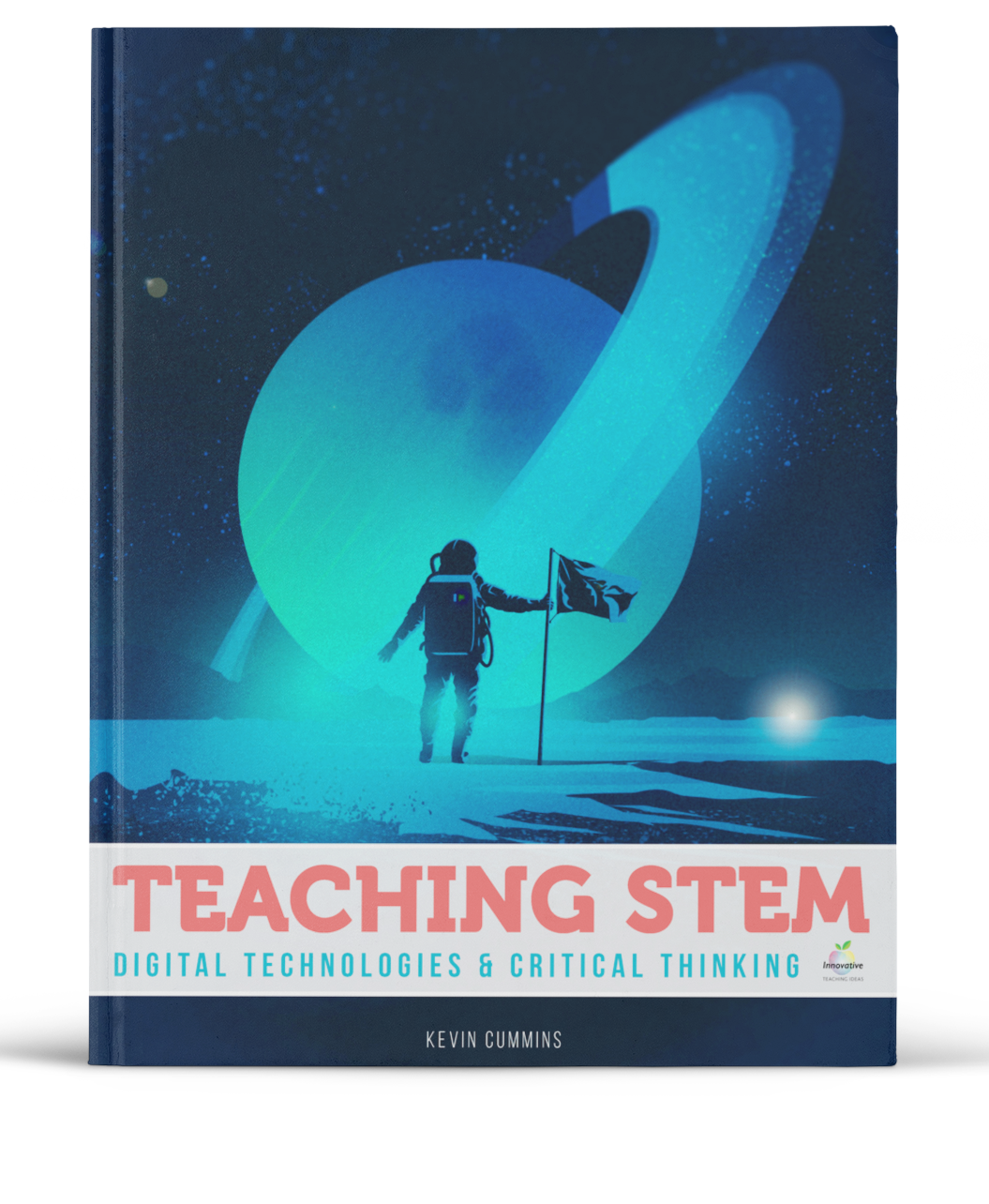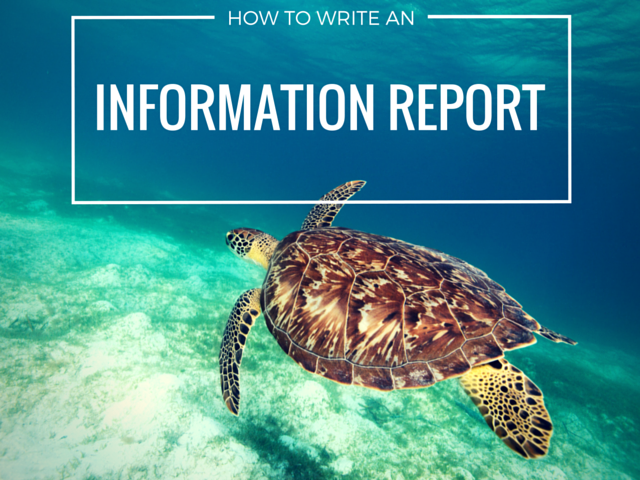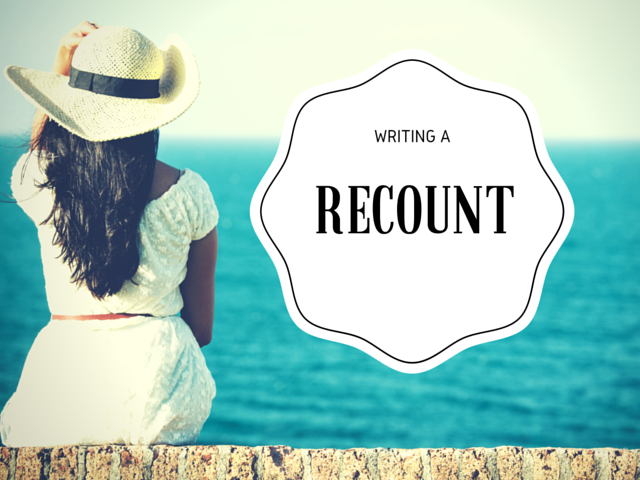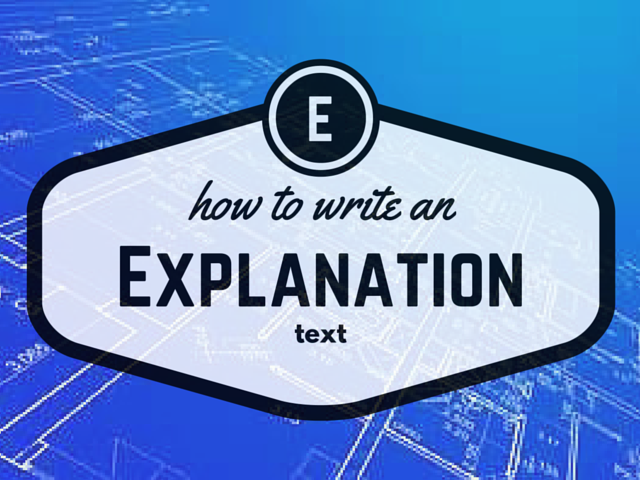 It is obvious from last month’s Environmental summit in Copenhagen that we cannot leave it up to the leaders and the great minds of the world to do great deal about our impending environmental doom and gloom. But thankfully you and your students can and best of all along the way we can all learn a great deal from undertaking some very practical and simple tasks. They are guaranteed to save your school thousands of dollars over the course of the year really engage your students. Many of you may be doing this already and have more great ideas as well which I would love to hear about.
It is obvious from last month’s Environmental summit in Copenhagen that we cannot leave it up to the leaders and the great minds of the world to do great deal about our impending environmental doom and gloom. But thankfully you and your students can and best of all along the way we can all learn a great deal from undertaking some very practical and simple tasks. They are guaranteed to save your school thousands of dollars over the course of the year really engage your students. Many of you may be doing this already and have more great ideas as well which I would love to hear about.
Update your OS and set up your Power saving settings on your network.
 I have just ordered 250 new computers to replace the aging fleet of classroom computers and laptops which were running windows XP. After doing a little research I found the single greatest thing I could do to help our budget in 2010 was to upgrade the operating system. Why? Both Windows 7, Snow Leopard and even Windows Vista have the capability to shut down various parts of the computer as they are not being used whilst still running perfectly windows XP does not. Just before you doze off to sleep with my boring tech talk you might want to check this out and share it with your bursar and principal.
I have just ordered 250 new computers to replace the aging fleet of classroom computers and laptops which were running windows XP. After doing a little research I found the single greatest thing I could do to help our budget in 2010 was to upgrade the operating system. Why? Both Windows 7, Snow Leopard and even Windows Vista have the capability to shut down various parts of the computer as they are not being used whilst still running perfectly windows XP does not. Just before you doze off to sleep with my boring tech talk you might want to check this out and share it with your bursar and principal.
Recent test results on the exact same computers have shown that windows Vista will cost you $33.54 less per year to run than Windows XP. The great news is that Windows 7 is even more efficient. So in my case alone we will be saving over $8000 off our annual power bill and getting the latest and greatest OS for staff and students to use.
I know for a fact Snow leopard is also greener than its predecessor also. Although it’s savings are not as dramatic.
Furthermore make sure you optimise your screen savers and Data Projectors to shut down when they are not being used for even greater power savings.
Set up an Environmental Police Force
 I am doing this with a team of my senior students this year. Essentially we assigned a team of students to do three simple tasks and gave them the power to enforce it to students AND STAFF. Each month we will reward individuals and classes who have abided by our environmental rules.
I am doing this with a team of my senior students this year. Essentially we assigned a team of students to do three simple tasks and gave them the power to enforce it to students AND STAFF. Each month we will reward individuals and classes who have abided by our environmental rules.
- Ensure Air Conditioners and Heaters are set to a suitable temperature at all times and are not left on unnecessarily. Many Teachers simply walk in the door and turn everything up to 11 without any real consideration. Let your students determine the optimal environmental settings through research and give them the power to change it.
- Nude Food Days: At least one day of the week encourage your kids to bring food to school that is not wrapped in unnecessary packing. Fruit is always a winner. We allow reusable lunch boxes, drink bottles and tolerate brown paper bags when necessary. Your environmental police will put a bin in each class and the one with the least rubbish is declared the winner.
- Collect water from the drinking taps to use on your gardens. Very self explanatory but useful.
We will obviously expand this role as the year progresses.
Go Paperless where possible.
 If you are sending out piles of useless drivel via paper to your parents and students pop it up on a website or Wiki as a PDF were everyone can access homework, canteen lists newsletters etc. Better still set up an RSS feed for your school newsletters and homework etc so as soon as they go up parents and students and students will be emailed a copy of the information. You can even get a text message alert sent to a phone if you want to ensure nothing is missed.
If you are sending out piles of useless drivel via paper to your parents and students pop it up on a website or Wiki as a PDF were everyone can access homework, canteen lists newsletters etc. Better still set up an RSS feed for your school newsletters and homework etc so as soon as they go up parents and students and students will be emailed a copy of the information. You can even get a text message alert sent to a phone if you want to ensure nothing is missed.
Yes you will probably always need a few hard copies to send home but make these optional and let students collect them from the office instead of mandatory handout for every student.
Install a Rainwater Tank and start a Veggie Garden.
 This is real winner and may not be for everyone but we had massive support from parents, and students when we set aside an area for growing some veggies from seedlings ensured they were watered weeded and given plenty of TLC.
This is real winner and may not be for everyone but we had massive support from parents, and students when we set aside an area for growing some veggies from seedlings ensured they were watered weeded and given plenty of TLC.
When fully grown the produce was split three ways. Some was sent to the canteen to be included in school meals. Some was sold to parents after school and we let the kids actually cook with the remaining share.
Ironically from the canteen and parent sales it actually made a decent amount of money for us to install a rainwater tank collecting water from the gym roof.
This article is a great starting point for schools who want to grow a veggie garden.
Plant Trees:
 Whether it’s 1 or 1000. This is the single most productive thing you can do today to negate global warming. Plant natives to your region and make a big deal about it to your students and greater school community. The kids will love getting their hands dirty and your school will be more beautiful for it.
Whether it’s 1 or 1000. This is the single most productive thing you can do today to negate global warming. Plant natives to your region and make a big deal about it to your students and greater school community. The kids will love getting their hands dirty and your school will be more beautiful for it.
I would love to hear what you are doing at your school.




















